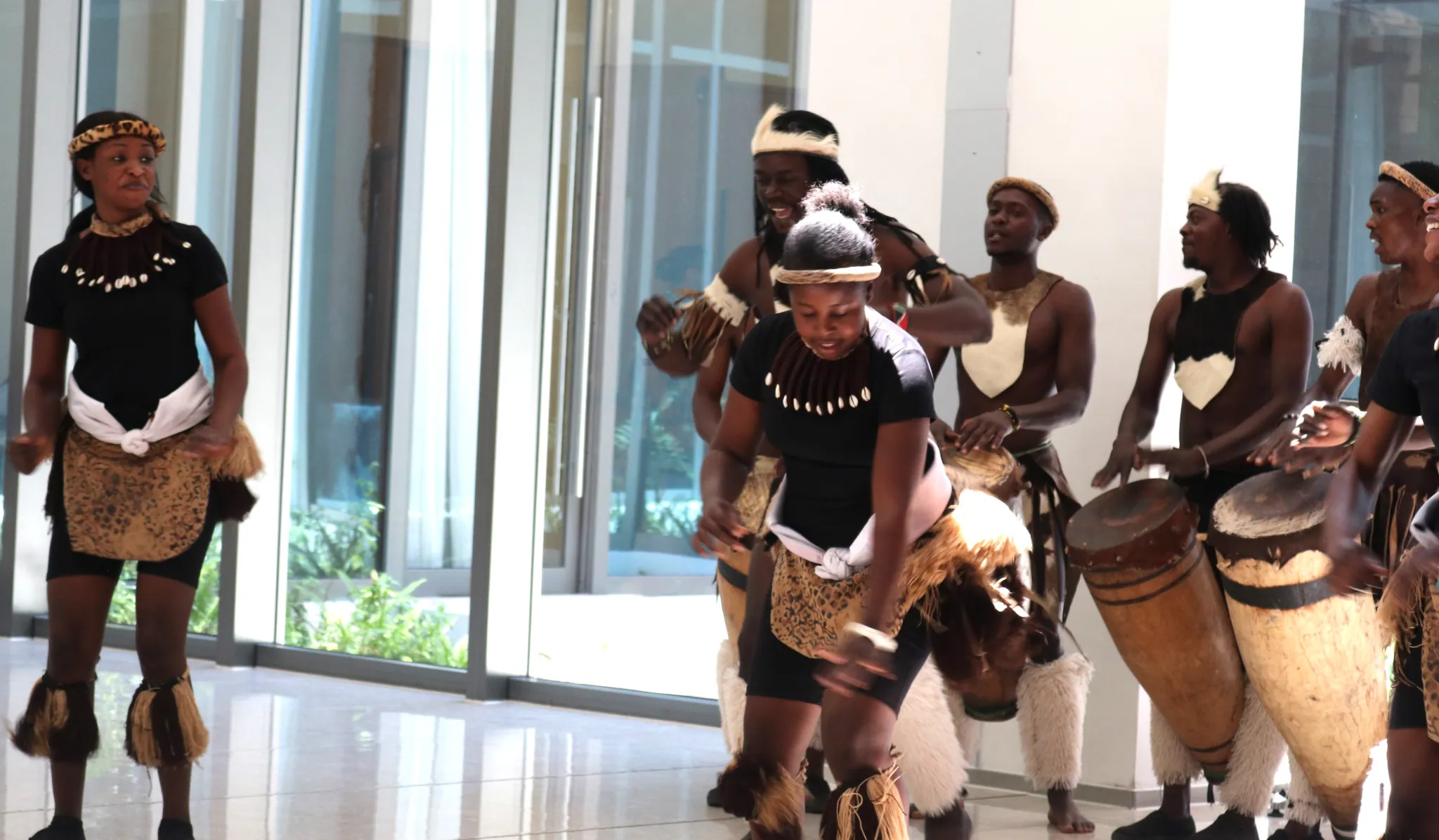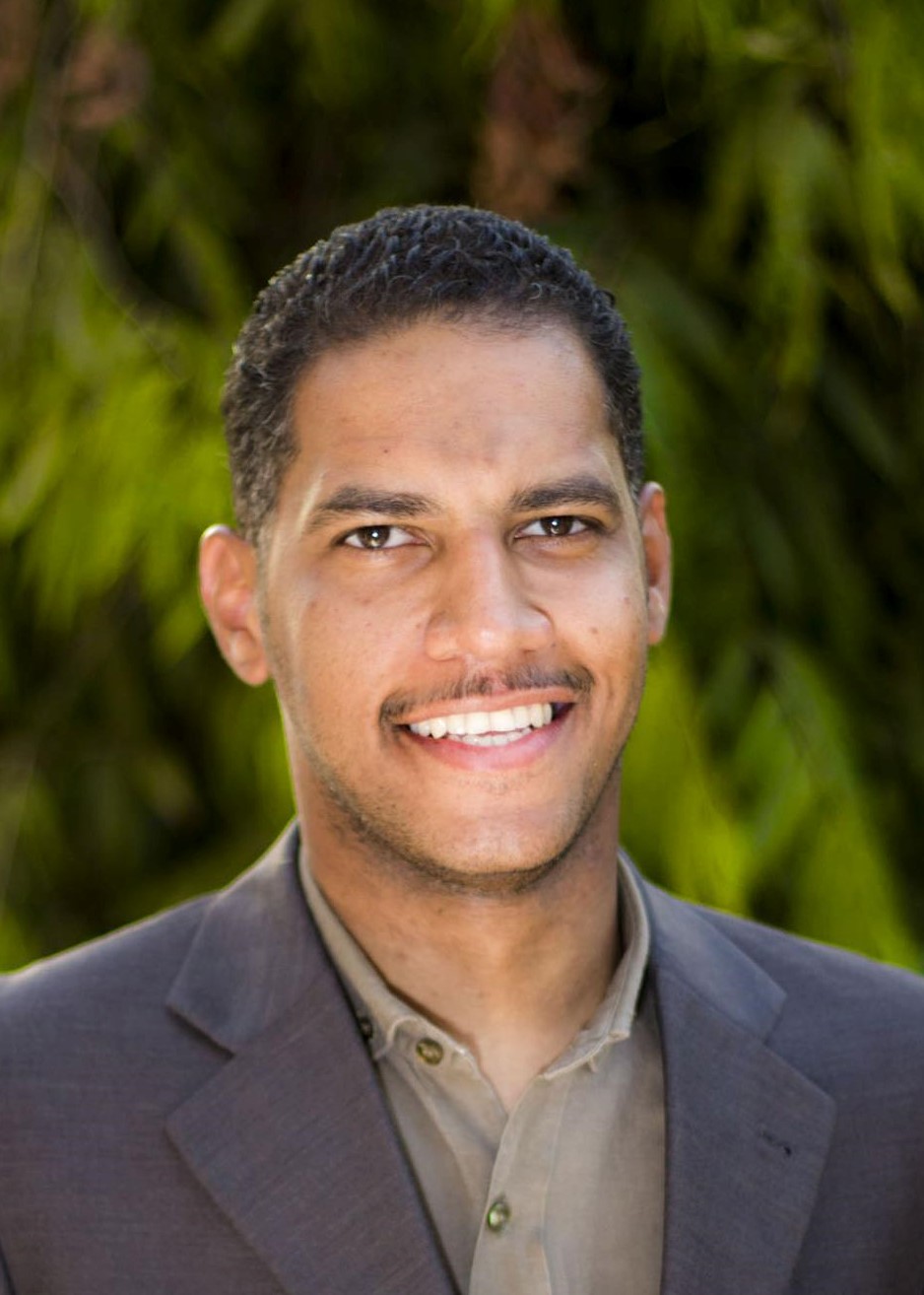Insights from the East and Southern Africa Regional Governance Forum

The Government of the Republic of Zambia, the United Nations Development Programme (UNDP), and the International Institute for Democracy and Electoral Assistance (International IDEA), in commemoration of the International Day for Democracy 2023, organized a series of events under the title East and Southern Africa Regional Governance Forum.
The East and Southern Africa Regional Governance Forum and Democracy Day, held in Lusaka, Zambia from 13 to 15 September 2023, aimed to reorient – where necessary – and accelerate the democratic governance agenda in the Eastern and Southern Africa region. Further, the forum sought to stimulate discussions on the constitutional imperatives for achieving the African Union (AU) vision of an “integrated, prosperous and peaceful Africa, driven by its own citizens, representing a dynamic force in the international arena” to which Member States of the EAC and SADC are committed.
The forum created an enabling platform for conversations on how to draw on national, sub-regional and continental experiences and practices towards promoting constitutionalism and good governance as mechanisms for promoting sustainable democracy that delivers and peace in the two regions.
The three days forum and the roundtable were under the patronage of the honorable Minister of Justice of the Republic of Zambia Mulambo Haimbe representing the government of the Republic of Zambia on behalf of H.E. Mutale Nalumango, Vice President of the Republic of Zambia. The forum was attended by H.E. Ernest Bai Koroma, former president of the Republic of Sierra Leone, the UNDP Resident Coordinator in Zambia, Beatrice Mutali, International IDEA Regional Director for Africa and West Asia Roba Sharamo in addition to members of the diplomatic corps in Zambia and African Union Youth Ambassadors and other experts and media persons.
At the end of the forum and the roundtable, the organizers issued a declaration of democracy on the final day of the forum, the declaration reaffirms the partners commitment to the promotion of rule of law (freedom of expression, respect for human rights) and free media as key cornerstones of democracy, peace and sustainable development and that freedom matters and that it is integral for democracy to work in our countries in ways that prioritize fairness, equity and justice, security and safety, and prosperity for all people.
The forum partners issued the following declaration:
WE, THE CITIZENS of East and Southern Africa, gathered in Lusaka, Zambia, for the East and Southern Africa Governance Forum and Democracy Day Roundtable, from 13 to 15 September 2023,
UNITED in our commitment to building, strengthening, and sustaining democracy in Africa.
APPRECIATING AND RECOGNISING that we remain deeply committed to democracy and accountable governance and have an unyielding belief that democratic, accountable and inclusive governance is the only way our people can rise to meet the pressing challenges that confront our States and sub-regions.
RECOGNISING that while the demand for democracy is high, supply remains low and, in some cases, is in decline.
MINDFUL that democracy must yield socio-political and economic dividends for ordinary citizens in practical and tangible ways through peace, greater freedom, prosperity, and better quality of life; that bridges the gap between the rich and poor.
ACKNOWLEDGING that the structures and foundations of democracy are based on the choices and joint efforts of the citizens of this continent and that people are at the centre of building and sustaining democracy.
NOTING our States’ commitments to our fundamental rights as stated in the Universal Declaration of Human Rights.
CONCERNED by the continued shrinking of democratic and civic space across our sub-regions and the continent - and the apparent capture and manipulation of state institutions in some countries to serve causes other than democracy and to advance partisan and sectarian interests.[OA1]
DETERMINED to work hand in hand with our governments to protect democratic gains in East and Southern Africa and push back on democratic backsliding and decline.
REAFFIRMING our commitment to the rule of law (freedom of expression, respect for human rights) and free media as key cornerstones of democracy, peace and sustainable development.
RESOLUTE in our belief that freedom matters and that it is integral for democracy to work in our countries in ways that prioritise fairness, equity and justice, security and safety, and prosperity for all people, and;
CONFIDENT in the knowledge that democracies should embrace accountability, oversight, peer-review, and new ideas.
THEREFORE, RESOLVE AND RECOMMEND THE FOLLOWING:
On youth engagement in democratic processes and spaces
That states and all stakeholders must find ways to ensure that young people meaningfully participate, speak and be heard, engage, and use their creative energies for the good of Eastern and Southern Africa and to ensure their presence at the decision-making table. Governments must facilitate their effective and meaningful participation in democratic governance and peacebuilding processes.
Those state and non-state actors alike, including civil society and the private sector, prioritise the effective participation of young people in governance and economic spaces and that young people themselves must continue to actively pursue effective non-tokenistic participation that allows their voices to be heard and integrated into policymaking.
That governance partners across civil society and state institutions, through a range of interventions and the provision of resources, facilitate the capacitating and building of knowledge for young people on democracy and electoral issues, including through supporting, encouraging, facilitating, and accommodating young people with a full agency to engage on issues of democracy.
On media freedom and free expression
That States, political leaders, and governance partners address media-related threats to democracy and increase media freedom and safety and security for journalists as a critical feature of our democracies.
That States, political leaders, and governance partners continue to promote open and safe digital spaces and governance devoid of internet shutdowns, cyber censorship, attacks, misinformation, and disinformation.
That States, political leaders, and governance partners desist from sponsoring draconian media regulations and cybersecurity laws, which are becoming the new frontiers for restricting free expression on and offline.
That democracies and governance partners review and sanction each other and intransigent authorities without fear or favour, when there are media freedom and digital platform violations.
That States, political leaders, and governance partners recognise the value of knowledge, information exchange, and free expression and the need to protect journalists and journalism. At the same time, laws and regulations must facilitate and enable the free exchange of information on and offline.
On civic and democratic space
That our governments recognise that democracy cannot be consolidated without an open and vibrant civic space that allows citizens to be at the centre of democratic processes and building.
Governments in the two regions commit to constitutional transitions and constitutionalism arising from lessons learned (assessment of constitutional reforms, elections, human rights and rule of law, separation of powers etc.) and come up with constitutional frameworks that will promote sustainable peace and development in Eastern and Southern Africa regions.
East and Southern African States will foster accountable relationship between the state and citizens in all democratic governance processes especially the youth and women by ensuring that regional normative frameworks/institutions contribute to accountable leadership that is inclusive of youth, women, people living with disability, and other vulnerable groups.
That our governments will remain committed to inclusive and accountable governance that contributes to having authorities and societies that are able to prevent and resolve conflict by strengthening and decentralize governance to ensure effective service delivery at the local level and address the growing demand for basic welfare within the two region’s democracies.
Eastern and Southern African States remain committed to harness the opportunities presented by digitalization and Africa’s youthful population, and effectively mitigate the risks posed by these two critical contextual factors by providing leadership that achieves democratic, political, and economic stability in the regions.
Governments desist and discourage their peers from threatening civic space and sponsoring repressive non-governmental organisations (NGO) laws under the guise of advancing noble causes, but which have the effect of constricting organised civil society.
Governments in Eastern and Southern Africa must embrace their international obligations and constitutional responsibilities to protect and implement effective and resourced mechanisms to promote and protect human rights defenders.
On elections and electoral practice
That governments, and governance partners commit to strengthening and enhancing the integrity of elections as the most visible expression of popular democracy that can allow for genuinely representative governance of the people by the people.
While the quantity of elections has increased, their credibility, quality, integrity, freeness, and fairness to ensure genuine electoral contestation remains low. Poor-quality elections in the two regions are threat multipliers to the tenets of good governance, democracy and peaceful co-existence.
We encourage our governments, the African Union, and Regional Economic Communities (RECs), especially EAC, COMESA and SADC to insist on sound electoral practices per the African Charter on Democracy, Governance, and Elections and regional protocols for conducting democratic elections.
We urge our governments to commit to standardising legal frameworks on political financing to promote accountability, and transparency in the financing of political parties, election campaigns, and referenda. This includes strengthening institutions that offer political finance oversight in line with article 7.3 of the United Nations Convention against Corruption, which calls on states to take appropriate legislative and administrative measures to enhance transparency in the funding of candidatures for elected public office and political parties.
We urge our governments to actively promote, strengthen, and encourage citizen engagement and participation throughout the electoral cycle, including by providing an enabling environment for such participation.
We urge our governments and partners for democracy to facilitate the active involvement of all stakeholders in the private sector, civil society, and academia in political and government processes. Inclusivity, consultation, engagement, representation, and participation are hallmarks of democratic practice.
We encourage the African Union, EAC, COMESA and SADC to continue working with citizens and governance stakeholders to condemn unconstitutional changes of government and facilitate greater citizen engagement, including their active participation in peaceful electoral transitions.
WE commit to working together as citizens with other stakeholders and our governments to realise the consolidation of democratic governance and peace in Eastern and Southern Africa




